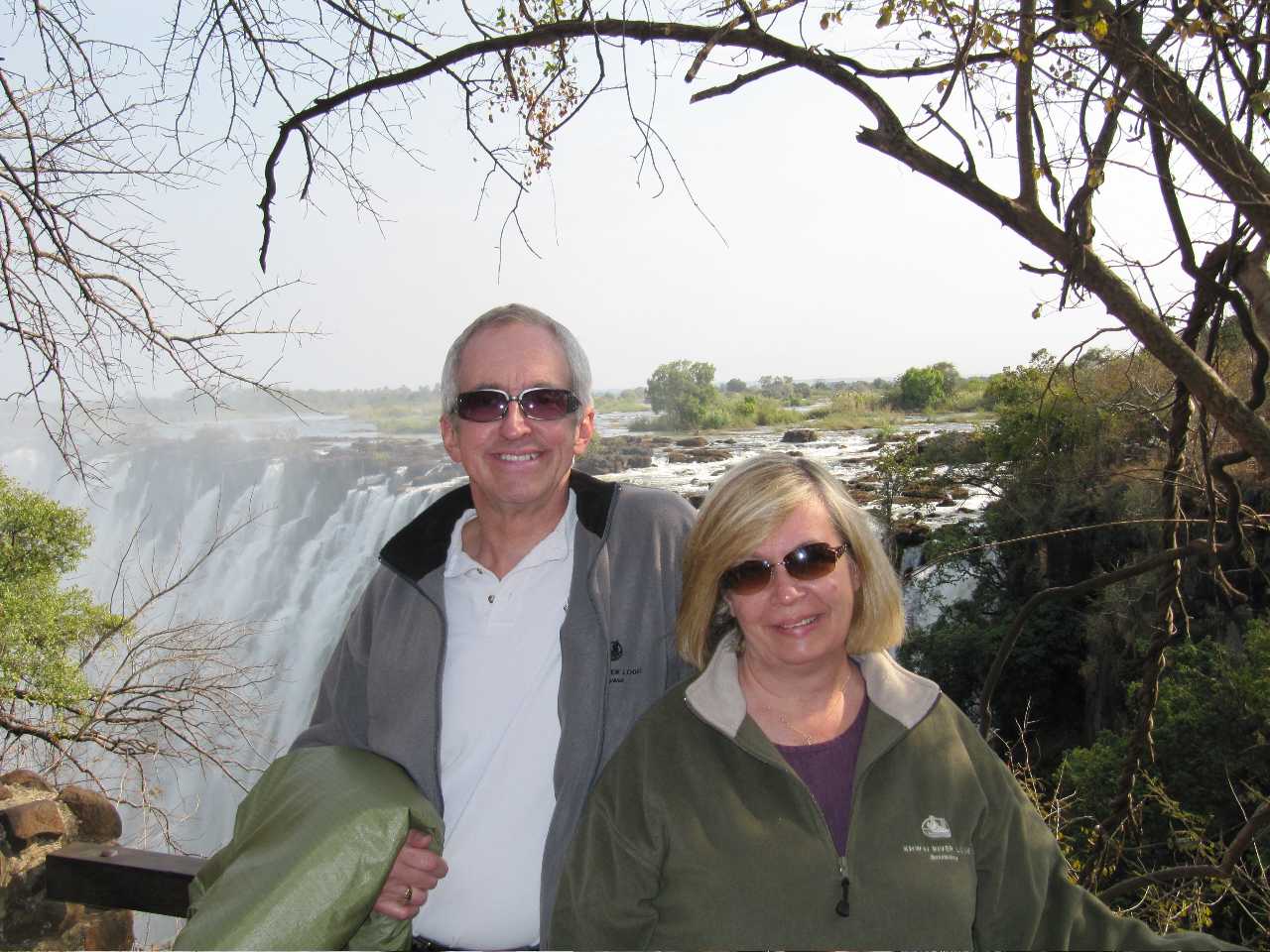
John Pope was born and raised in New Orleans and has been working at the Times-Picayune since 1973, when the paper was called the States-Item. He has been a copy editor, medical writer and since Katrina, an obituary writer. His poignant tributes to the dead reveal the inner world of a florid, fiery and often very strange populace. Now, Pope has compiled 123 obits (and four funerals) into a book called Getting off at Elysian Fields, to be published this October by University Press of Mississippi. Digital Dying recently spoke with Pope about life, death and the art of the New Orleans obit.
Who are some people you’ve written about?
There was the doctor who used his blood plasma to make hibiscus grow; Ruthie the Duck Girl, who roller skated around the French Quarter trailed by ducks; Rosa Keller, who sold her mink coat to underwrite civil rights legislation and helped integrate the city’s library system; Ted Wisniewski, who led Louisiana’s war on AIDS, wore purple sneakers and died at the age of 37. Many obituary subjects have broken my heart. Jamie Shannon, chief chef at Commander’s Palace was a friend, he died at 40. So was Barbara Boggs Sigmund, eldest daughter of Louisiana Congresswoman Lindy Boggs. I remember weeping when I wrote their obituaries. Familiarity with writing about death does not lessen the death of a friend.
What do you look for in writing an obit?
Rosebud! The key to that person’s personality, what makes them get up in the morning, what sets them apart? When people approach me wanting an obit for a loved one my response is a variation of one of the questions from the first night of Passover: How is this story different from all other stories? If they can’t answer that, I can’t go through with it.
Do you ever turn people down?
It’s horribly difficult to tell a family no, because I’m implying that their relative’s life didn’t matter. I don’t say no that much, I am a soft touch. I try to find what’s there, why these people do the things they do. One friend asked me to write her father’s obituary, he had a degree from Dillard and was a letter carrier. “Everyone on his route loved him,” she said. “He remembered all the birthdays and anniversaries.” I said, “Good, what else you got?” She said, “Well, in World War II he was a spy.” I said, “Cool!” He was posted in Britain to go to pubs along the English Channel and find out whether word of D-Day was getting out.
Is it true obit writers sometimes interview subjects before they’re dead?
Yes, if someone has an illness. I once walked into a Christmas party and saw three people whose obits I’d already written, and they were all having a lovely time. There is a story about a writer showing up at Bette Davis’s home when she was older and asking a lot of questions. Eventually Bette says, “Are you interviewing me about my obit?” And the writer is like, “Um, yes.” She got a pitcher of martinis and said, “Now let’s talk.” Other times, I’ll interview people near the end of their life and save the material, knowing I can use it for their obit. This happened with Elinor Bright Richardson, who grew up in a house with seven servants and was the Queen of Carnival in 1920. She was the last group of debutantes presented at the old French Opera House; her escort was General John “Black Jack” Pershing, head of the American Expeditionary Forces.
What’s your favorite obit?
Eudora Welty, because I spent a lot of time researching, getting into why she wrote and what she wrote about. Al Copeland, founder of Popeyes Chicken, is up there for sheer outrageousness. I think there were 23 limos at his funeral, and he was in a horse-drawn hearse with glass sides. Bud Rip is up there too, he had a famous bar in the 9th Ward that’s still very popular. His mother-in-law bankrolled that bar so she knew where he was at night. He didn’t let women in until the ‘70s, because he thought it would offend them. They picketed then he let them in. His favorite beer was Budweiser, and his ashes were carried out in an urn with the inscription, This Buds for you. You can’t make this stuff up!
What was it like writing your wife’s obit?
My wife, Diana Pinckley, died two and a half years ago. She had cancer. Diana was massively involved in volunteer work in New Orleans, and we had a great life together and I wanted to share that. On our honeymoon we rode the Orient Express from Venice to London, we explored the Galapagos, we climbed the Great Wall of China and the ruins of Machu Picchu, we took the Inside Passage up to Alaska. Yes, I was torn up, I also knew that I wanted no one else to touch it but me. I talked with people, I did interviews. It was really therapeutic. After a death, you want something you can do, a thing to get done.
You even wrote your own obit!?
In 2001 I had a Centers for Disease Control fellowship and was working with weird organisms. I figured I’d be going to dangerous places so before heading to Atlanta I wrote my own obit. After Katrina I updated it.
Any obit idols?
Alden Whitman, who worked for the New York Times and was the grandfather of all obit writers, Gay Talese wrote a profile of Whitman in 1966 called “Mr. Bad News”. Robert McG was another Times obit writer, he did brilliant work on deadline and has a book of obits called “52 McGs”, the last is his own. For a long time obits were regarded as what you gave a young reporter to do on a slow day, but people like Alden, McG and Margalit Fox, also at the New York Times have helped make obits into an art form. I think the older we get the more interested we become in obits, maybe it’s something about approaching mortality, or maybe it’s rejoicing in the fact that we’re still around.
What’s your all-time favorite obit?
One year the Daily Telegraph put out a book of obits and that was my beach reading, my favorite was a cross-dressing Royal Air Force pilot.










CarolynOlson
John Pipe, please call me, would like you to be a speaker, 9852107172